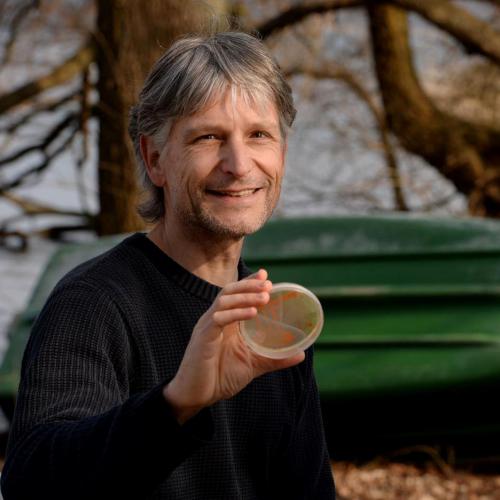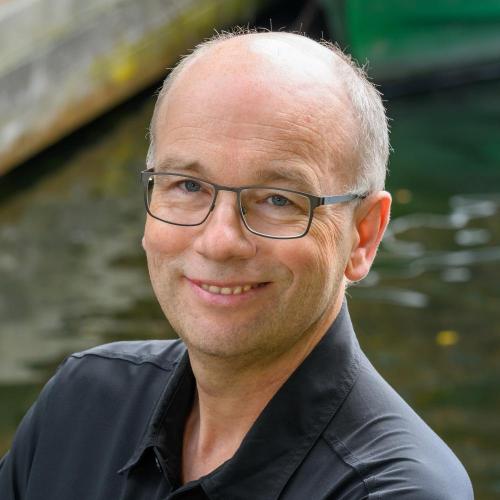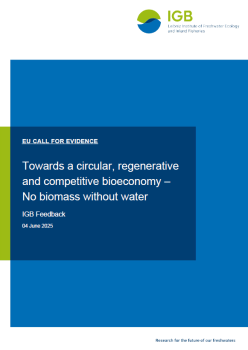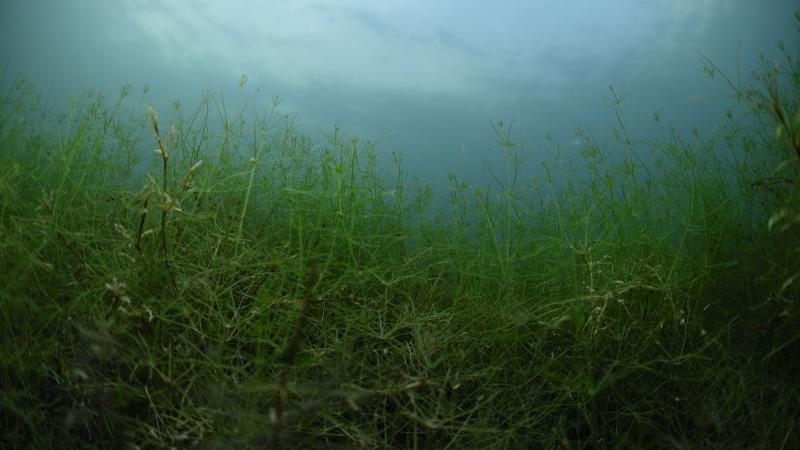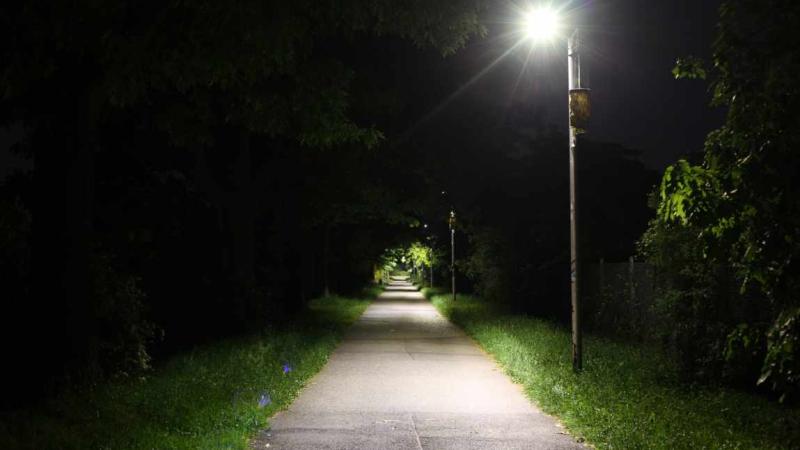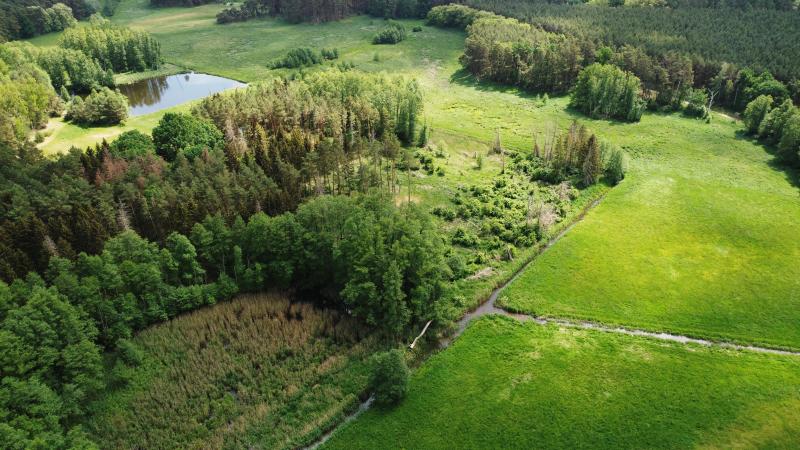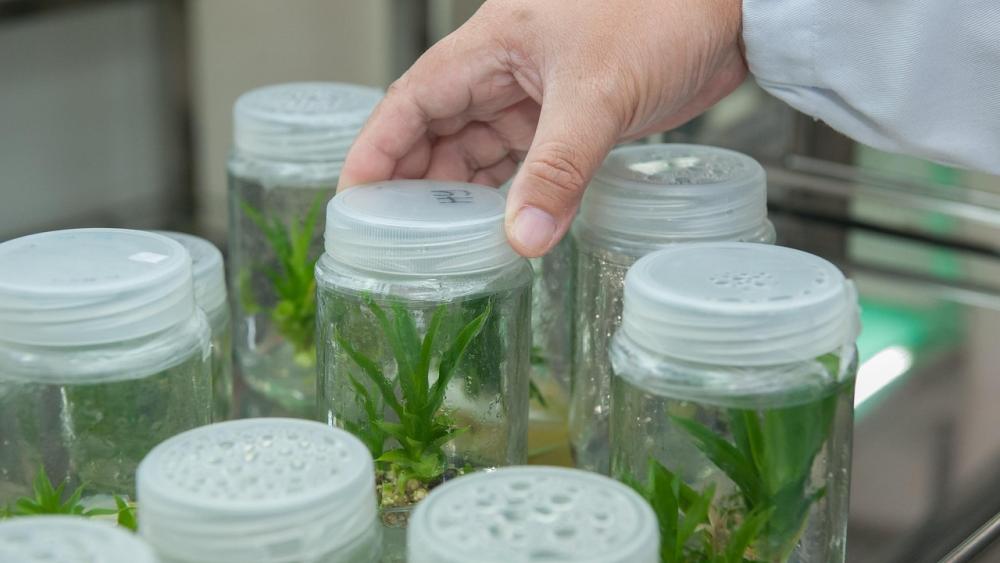
© KENNETH RODRIGUES on Pixabay
The pressure on this valuable resource is increasing sharply in Europe. This is closely linked
to climate and environmental changes, both human-made, and growing interest in even more
water use, which is also resulting in further pollution. Therefore, water, water body
management, and water use practices have to be made more sustainable and integrated
hand in hand with related catchment and land management. The key economic sectors
named by the EU – including agriculture, forestry, fisheries, biomanufacturing, biotechnology
industries and services – rely on water from our natural freshwater ecosystems such as
rivers, lakes and groundwater.
Freshwater restoration secures ecosystem services
No technical infrastructure can replace the services that these ecosystems provide. Therefore, these freshwater ecosystems need protection, sustainable management and restoration – the latter, because with a near-natural structure and rich biodiversity, they provide further extensive ecosystem services and are also more resilient towards harmful impacts. In addition, restored water bodies contribute to mitigating climate change effects in their catchment. Consequently, protecting and strengthening of freshwater ecosystems should be an indispensable and integral part of the EU Bioeconomy Strategy.
EU legislation: Tackling the implementation and enforcement deficit
Actually, suitable EU legislation to protect and positively develop water bodies and water resources already exists, but suffers from a broad implementation and enforcement deficit, the IGB researchers underline. This includes, for example, the Water Framework Directive, the Nitrates Directive and the Urban Waste Water Treatment Directive, and can also be anticipated concerning the Nature Restoration Regulation, that already faces political resistance in the EU member states. The enforcement and implementation deficit in these areas should be urgently addressed, as the IGB has
already underlined in its feedback within the Call for Evidence on the European Water
Resilience Strategy.
Stop of harmful subsidies, the nexus approach, and need for practical action
At the same time, environmentally harmful subsidies and practices, e.g. under the Common
Agricultural Policy, must be urgently reduced – also against the interest of influential
agricultural stakeholders. For the overall strategy analysis, the Water-Energy-Food Nexus
concept should be considered and applied, acknowledging that agriculture and food
production is one of the largest consumer of freshwater resources in Europe and worldwide,
with an expected increasing demand due to anthropogenic climate change and accelerated
global warming – and in addition, water is needed to produce most energy forms.
The IGB researchers conclude theri feedback by noting that the desired sustainable growth in bioeconomy will not be reached by producing new legislation and strategies alone, but needs consequent practical action. This explicitely includes the willingness of economic stakeholders to embrace change towards more sustainable practices.
The full IGB Feedback can be downloaded below this text.



